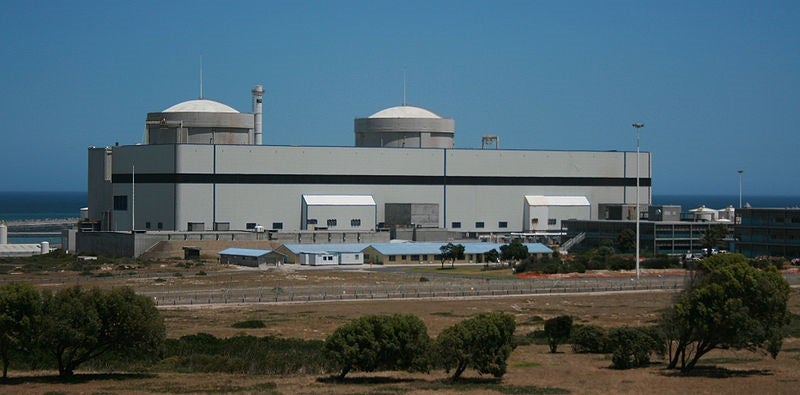
Advantages and Disadvantages of Nuclear Energy
Unlocking the High Energy Output of Nuclear Plants
Few energy industry topics are discussed as vigorously as nuclear power. For some, nuclear is an underutilised source of energy. Cheap to produce and low carbon, they say nuclear should be a larger part of the world’s energy mix as it transitions away from fossil fuels to low-carbon and renewable energy.
For others, nuclear is as bad if not worse than fossil fuels. They argue the potential of a nuclear meltdown like Chernobyl and Fukushima outweighs the positives of nuclear power, as do the excessive costs and difficulty in disposing of the nuclear waste produced.
Pro – Low carbon
Unlike traditional fossil fuels like coal, nuclear power does not produce greenhouse gas emissions like methane and CO2.
Nuclear advocacy group the World Nuclear Association found that the average emissions for nuclear are 29 tonnes of CO2 per gigawatt hour (GWh) of energy produces. This compares favourably with renewable sources like solar (85 tonnes per GWh) and wind (26 tonnes per GWh) and even more favourably with fossil fuels like lignite (1,054 tonnes per GWh) and coal (888 tonnes per GWh).
Nuclear produces roughly the same or less emissions as renewable sources so could be considered an environmentally friendly source of energy.
Con – If it goes wrong…
Anti-nuclear campaigners will cite the three major nuclear meltdowns of recent times, Three Mile Island in 1979, Chernobyl in 1986 and most recently Fukushima in 2011.
Despite all the safety measures in place these nuclear plants, different factors caused them to go into meltdown, which was devastating for the environment and for local inhabitants who had to flee the affected areas.
The official immediate death toll for Chernobyl was reported as 54 people, although this is consistently disputed, and the International Atomic Energy Agency (IAEA) established a figure of 4,000 projected deaths in the longer term. Is the potential of nuclear power worth the risk of powerful radiation leaks, mass evacuations and billions spent in repairs?
Pro – Not intermittent
US President Donald Trump famously decried wind energy for its intermittency, saying: “When the wind stops blowing, that’s the end of your electric.” The consistent criticism of renewable energy like wind and solar is that they only produce power when the wind is blowing or the sun is shining.
Nuclear, however, is not intermittent, as nuclear power plants can run without any interruptions for a year and more without interruptions or maintenance, making it a more reliable source of energy.
Con – Nuclear waste
One side effect of nuclear power is the amount of nuclear waste it produces. It has been estimated that the world produces some 34,000m3 of nuclear waste each year, waste that takes years to degrade.
Anti-nuclear environmental group Greenpeace released a report in January 2019 that detailed what it called a nuclear waste ‘crisis’ for which there is ‘no solution on the horizon’. One such solution was a concrete nuclear waste ‘coffin’ on Runit Island, which has begun to crack open and potentially release radioactive material.
Pro – Cheap to run
Nuclear power plants are cheaper to run than their coal or gas rivals. It has been estimated that even factoring in costs such as managing radioactive fuel and disposal nuclear plants cost between 33 to 50% of a coal plant and 20 to 25% of a gas combined-cycle plant.
The amount of energy produced is also superior to most other forms. The US Department of Energy (DOE) estimates that to replace a 1GW nuclear power plant would require 2GW of coal or 3GW to 4GW from renewable sources to generate the same amount of electricity.
Con – Expensive to build
The initial costs for building a nuclear power plant are steep. A recent virtual test reactor in the US estimate rose from $3.5bn to $6bn alongside huge extra costs to maintain the facility.
South Africa scrapped plans to add 9.6GW of nuclear power to its energy mix due to the cost, which was estimated anywhere between $34-84bn. So whilst nuclear plants are cheap to run and produce inexpensive fuel, the initial costs are off-putting.



